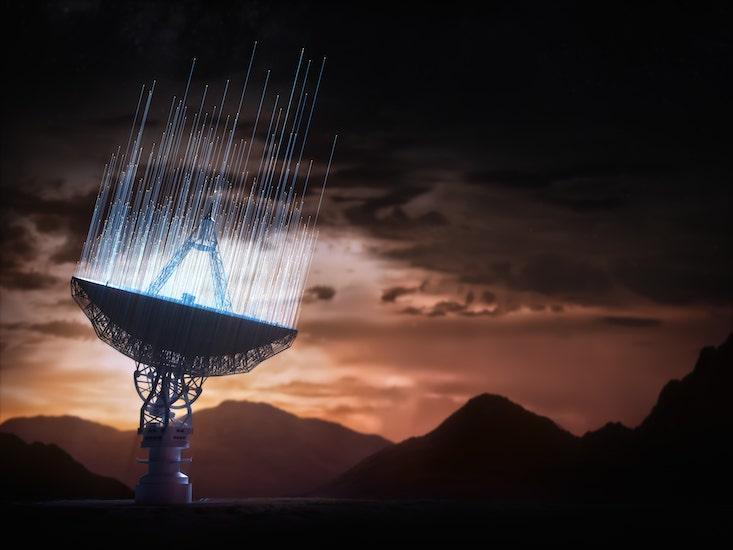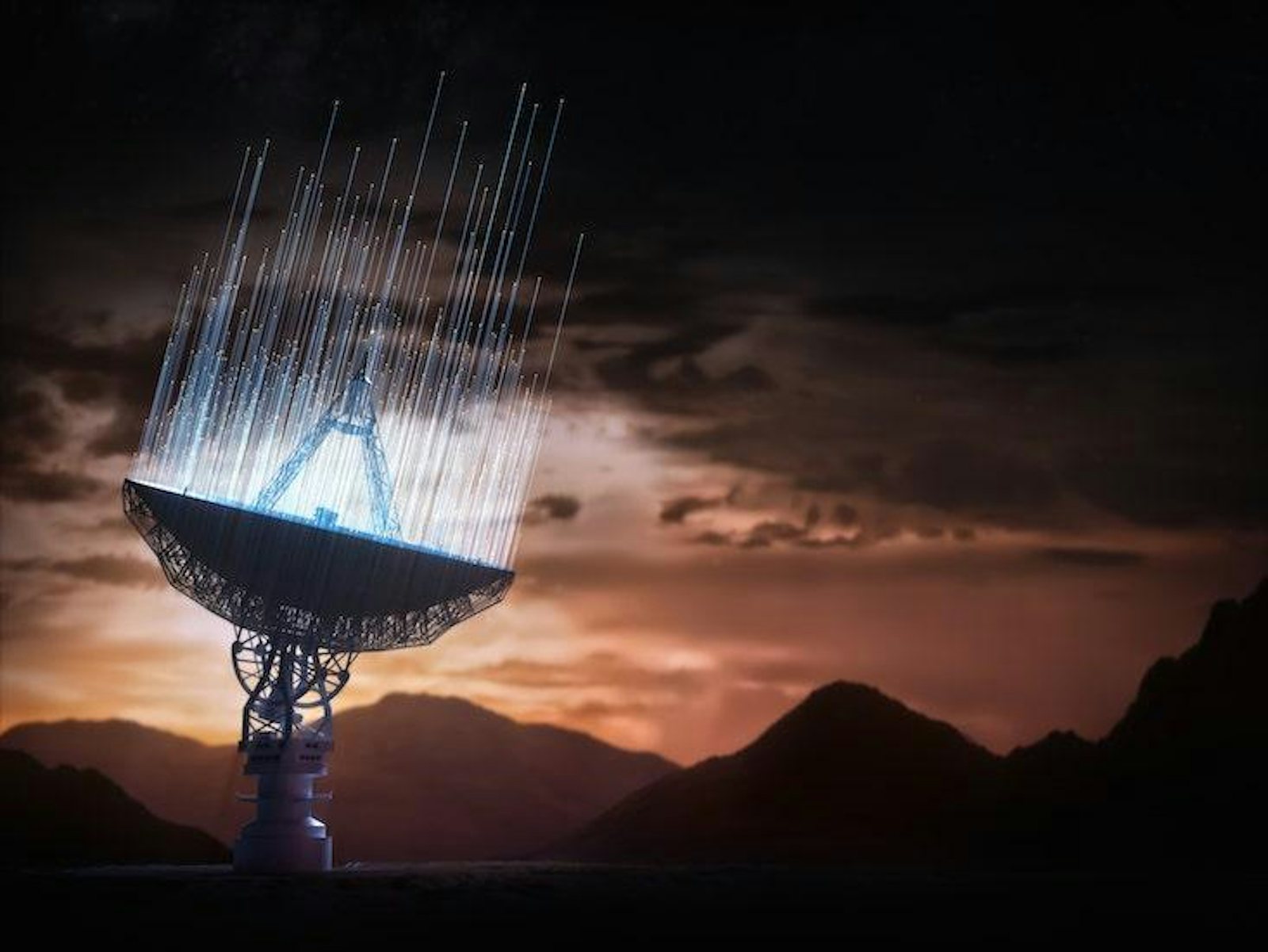
Did you know that there are many scientists who devote their working lives to skillfully charting out the most unassuming chunks of our solar system—chunks that none of our species will likely never see up close? Chunks that, individually, are mere specks in the cloud of millions of such primordial planetary leftovers circling our sun. Or, are you aware that there are those who spend day after day wrestling with how to measure and decode the extraordinary orbital dances of unreachable exoplanets, or to detect and interpret the delicate spectra revealing the composition of alien atmospheres tens of trillions of miles away?
If not them, then what about those who have, for decades, tackled some of the most daunting questions about the phenomenon we call life itself, including how it began here on Earth billions of years ago, and how it might have begun anywhere else in the cosmos? And can you recall that there are devoted and talented scientists who pursue the exquisite possibility that somewhere there are alien minds sending out structured, information-rich signals, or repurposing their environments in ways that we—other scraps of thinking life—might just be able to spot across the gaping void of interstellar space?
Aliens may be out there. And we are looking for them.
If you could say yes to any of these questions, well done. You are a well-informed citizen of planet Earth, aware of humanity’s ongoing efforts to make sense of the nature of reality. If, on the other hand, you couldn’t respond in the affirmative then perhaps you wouldn’t blink an eye at newspaper articles or TV headlines asking why (oh why?!) scientists won’t take the task of “looking for aliens” more seriously? Or articles harrumphing about how conservative science is when it comes to “thinking out of the box,” especially if the topic is one that’s been abused so many times over literally centuries that researchers now have little choice but to apply extreme care and caution.
I am, if you are not up on your science news at the moment, referring to a recent flurry of words and opinions that have been, in part, triggered by the publication of the book Extraterrestrial by the theoretical astrophysicist Avi Loeb, in which he attempts to make a case that a recent interstellar object passing through our solar system (the ‘Oumuamua object) could have been a piece of technology, conceivably even a tumbling light sail from an alien spacecraft, rather than a piece of frozen rock and gas. Loeb also writes about how science can be overly conservative at times—aiming his complaints in particular on the reticence to elevate the question of alien life to a more prominent place in our hypotheses about what we see in the universe around us.
But you need only to have spent a little time recently in the hallways of scientific Zoom calls or on social media to see unhappiness being expressed by many researchers about all of this. That unhappiness reaches a red-hot level any time a new opinion piece gets published that picks up this particular thread. Most recently (at least as I write this), is the appearance in The New York Times of an opinion article with the title “Aliens Must Be Out There: Why aren’t we looking for them?”, written by the columnist Farhad Manjoo. I think it’s fair to say that the tone of the headline, erroneously suggesting that alien life exists because we think it must and that we’re not paying attention, reflects much of the thrust of the content. Reaching an apex of sorts when the piece uses Loeb’s thoughts on the matter to admonish science, and science-funding agencies, for their “closed-mindedness” and “reflexive skepticism” when it comes to considering exotic (yes, alien) stuff in the mix for explaining new or unexpected cosmic phenomena.
What is so incredibly disappointing for a scientist like myself, and for so many of my colleagues across related disciplines—from astronomy to planetary science, to astrobiology—is that there are no other voices represented in this kind of writing. No snippets or quotes from the hundreds of scientists who are the world’s experts on matters like ‘Oumuamua, or other extraterrestrial objects, from asteroids to comets to (yes) interstellar chunks, or the Search for Extraterrestrial Intelligence (SETI), or exoplanets, or indeed the very same quest for so-called technosignatures that is fleetingly mentioned. And this one article is by no means alone in that strange incompleteness, where “due diligence” seems to have gone out the window.
In reality there are people who do think about all of these scientific questions, week after week. They dig through mountains of data, and sweat blood over understanding the delicate nature of astronomical measurements and instrumentation. They build spacecraft to go to other worlds, as well as asteroids and comets, funded by national agencies like NASA, ESA, JAXA, CNSA, and more. These people are eager and driven, motivated by precisely these same extraterrestrial conundrums: Are we alone? Where do we, or any other life, come from?
These scientists, including those like the remarkable Jill Tarter—one of the driving forces and voices behind SETI for the past 40 years—have pushed their instruments and skills to the absolute limits in the quest for evidence of extraterrestrial life. Often in the face of intense skepticism. Despite this effort, there has been no evidence to date of extraterrestrial life. But that lack of evidence is not because the scientific enterprise is uniformly conservative, rigid, and close-minded, as implied by Loeb and uncritically echoed by some columnists. It’s because no discovery or event has risen to the level where it is inexplicable in any other way. Could greater funding and support change that story? Perhaps, but the same could be said for almost any other ambitious scientific enterprise, and the answer cannot be known beforehand.
A proposal that a phenomenon like ‘Oumuamua is an alien artifact is certainly going to meet push-back. But that push-back is well founded. It results from the extensive work of scientific experts on precisely this kind of interstellar visitor. Our models of star and planet formation have long hypothesized the existence of leftover pieces of solid material (planetesimals) that could spend eons moving across interstellar space. They have outlined how an interloper like ‘Oumuamua would be a stunning discovery. But it would be a stunning discovery reflecting natural processes; reservoirs of these planetesimals—already suggested by the hazy light seen around certain other stars—that can be ejected and scattered across interstellar space in numbers that may be perfectly consistent with the chances of our solar system being visited by one. This is precisely why an agency like ESA is developing its Comet Interceptor Mission, to be ready to chase future interstellar visitors.
‘Oumuamua certainly had puzzling characteristics. It was small for an interstellar comet, it was elongated and, despite being barely caught by our best telescopes and nimblest astronomers as it wended its tumbling way back out of the solar system, it exhibited an ethereal acceleration away from the Sun. But even these puzzles are explicable by known processes and are not wildly inconsistent with the properties of other cometary-like objects. Indeed, a number of comparatively straightforward, testable, explanations seem compatible, including the possibility that the object was a frozen nitrogen “iceberg,” a chip off the block of some distant Pluto-like world.
In light of all of this rigorous insight, to shield one’s pet hypothesis of an alien object by suggesting that it is not being taken seriously because of a flaw in how we do science is playing a disingenuous game with the facts. As is to suggest that this is actually in aid of raising support for the search for extraterrestrial life. For that to be uncritically echoed elsewhere is truly unfortunate.
As in any human intellectual endeavor, there are many voices, many insights. It’s too bad that not all insights get the same kind of airtime. If they did, we’d be hearing so much more about the extraordinary ongoing scientific efforts—both institutional and personal—to open up our minds, to explore new worlds, and perhaps discover new life. Are we all carrying out these efforts perfectly? No. Scientific conservatism is present. But so too is a clear memory of the many times where enthusiasm for a provocative idea about alien life has given way to disappointment—from fossils in Martian meteorites to arsenic-laced microbes. Fingers have been burnt before in the quest to find clues to life in the universe.
They weren’t burned because of misplaced skepticism though. A wide range of scientists did their own due diligence: scrutinizing a hypothesis, gathering more data, weighing the evidence and building their confidence in a conclusion. Science denialism has cursed many cultures in recent years. Thankfully it looks to be receding somewhat. But being blind to how science works and what it’s doing is also a form of denialism. Aliens may be out there. And we are looking for them.
Caleb Scharf is an astrophysicist and the director of astrobiology at Columbia University in New York. His latest book is The Ascent of Information: Books, Bits, Genes, Machines, and Life’s Unending Algorithm, coming in June 2021. Follow him on Twitter @caleb_scharf.






























